People 2022

Leadership Team
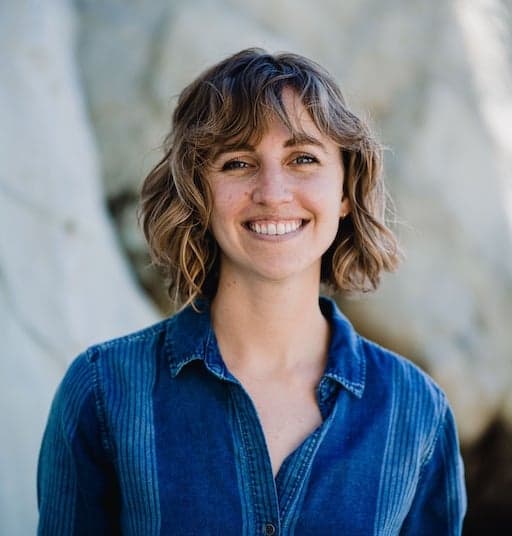
Sara Beery
Sara Beery has always been passionate about the natural world, and she saw a need for technology-based approaches to conservation and sustainability challenges. This led her to pursue a PhD at Caltech, where her research focuses on computer vision for global-scale biodiversity monitoring. Her work is funded by an NSF Graduate Research Fellowship, a PIMCO Data Science Fellowship, and an Amazon AI4Science Fellowship. She works closely with Microsoft AI for Earth and Wildlife Insights (via Google Research) to translate her work into usable tools. Sara’s experiences as a professional ballerina, a queer woman, and a nontraditional student have taught her the value of unique and diverse perspectives in the research community. She’s passionate about increasing diversity and inclusion in STEM through mentorship, teaching, and outreach.
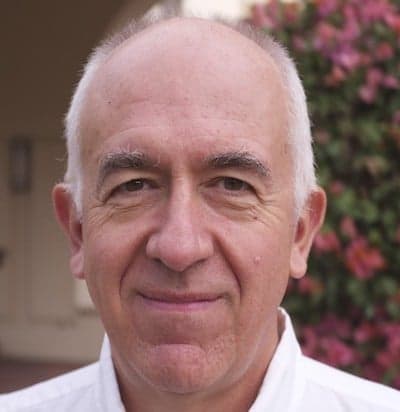
Pietro Perona
Professor Perona's research focuses on vision: how do we see and how can we build machines that see. He is currently interested visual recognition, more specifically visual categorization. He is studying how machines can learn to recognize frogs, cars, faces and trees with minimal human supervision, and how machines can learn from human experts. His project 'Visipedia' has produced two smart device apps (iNaturalist and Merlin Bird ID) that anyone can use to recognize the species of plants and animals from a photograph.
In collaboration with Professors Anderson and Dickinson, Professor Perona is building vision systems and statistical techniques for measuring actions and activities in fruit flies and mice. This enables geneticists and neuroethologists to investigate the relationship between genes, brains and behavior.
Professor Perona is also interested in studying how humans perform visual tasks, such as searching and recognizing image content.
Instructors

Elijah Cole
Elijah is a Computing and Mathematical Sciences Ph.D. student in the Computational Vision Group at Caltech, advised by Pietro Perona. He's also involved in the Visipedia project. He's interested in computer vision, machine learning, and using these techniques to enable scientific progress in ecology and medicine. His work is supported by an NSF Graduate Research Fellowship.
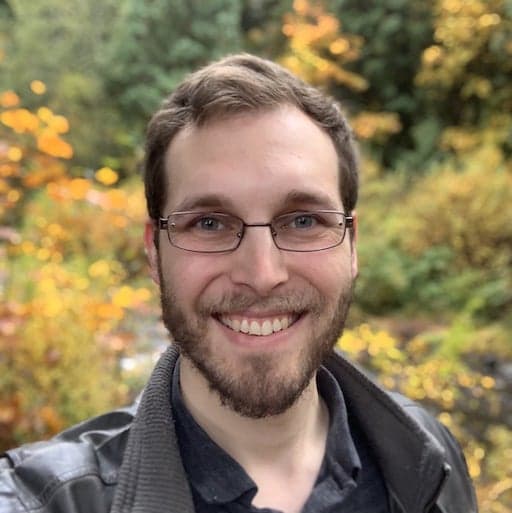
Jason Parham
Jason Parham is a senior research engineer at Wild Me and works to apply the latest machine learning and computer vision algorithms in wildlife applications. Jason holds a B.S. in Computer Science / Mathematics from Pepperdine University (2008), M.S. in Computer Science from RPI (2015), and a Ph.D. in Computer Science from RPI (2021; advisor Dr. Charles Stewart). Jason's doctoral research on "Animal Detection for Photographic Censusing" complements his applied work at Wild Me and offers a robust, end-to-end system for building large animal ID databases for conservation. Jason is also the co-developer and current maintainer of Wildbook's Image Analysis (WBIA) Python toolkit. The machine learning algorithms available in WBIA are used to detect, classify, ID, and catalog animal populations worldwide and are available open-source on GitHub, PyPI, and as a pre-configured Docker container.
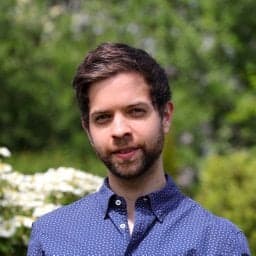
Benjamin Kellenberger
Benjamin is a researcher with Devis Tuia at the ECEO lab of EPFL, Sion, Switzerland. He works in the fields of Remote Sensing, Computer Vision, and Machine Learning. His focus is primarily on animal conservation from above—using aerial imagery from airplanes, drones, etc. and machine-based tools to efficiently identify, count, and with that protect endangered animal species.

Bjorn Lutjens
Bjorn is a PhD Candidate at the Human Systems Laboratory in the MIT Department of Aeronautics and Astronautics. His research is tackling climate change with machine learning, together with Prof. Dava Newman, Cait Crawford, and Chris Hill. Bjorn's work has won grants by NSF, Climatechange.ai, ESA, Portugal Space, NASA, IBM, Microsoft, NVIDIA, MIT Pkg, and MIT Legatum. Bjorn advised two teams of senior researchers at the NASA/SETI Frontier Development Lab, co-founded the ForestBench Consortium, interned with IBM Future of Climate and BRT (John Deere), earned an M.Sc. from MIT in safe and robust deep reinforcement learning, and a B.Sc. from TUM in Engineering Science.
Teaching Assistants
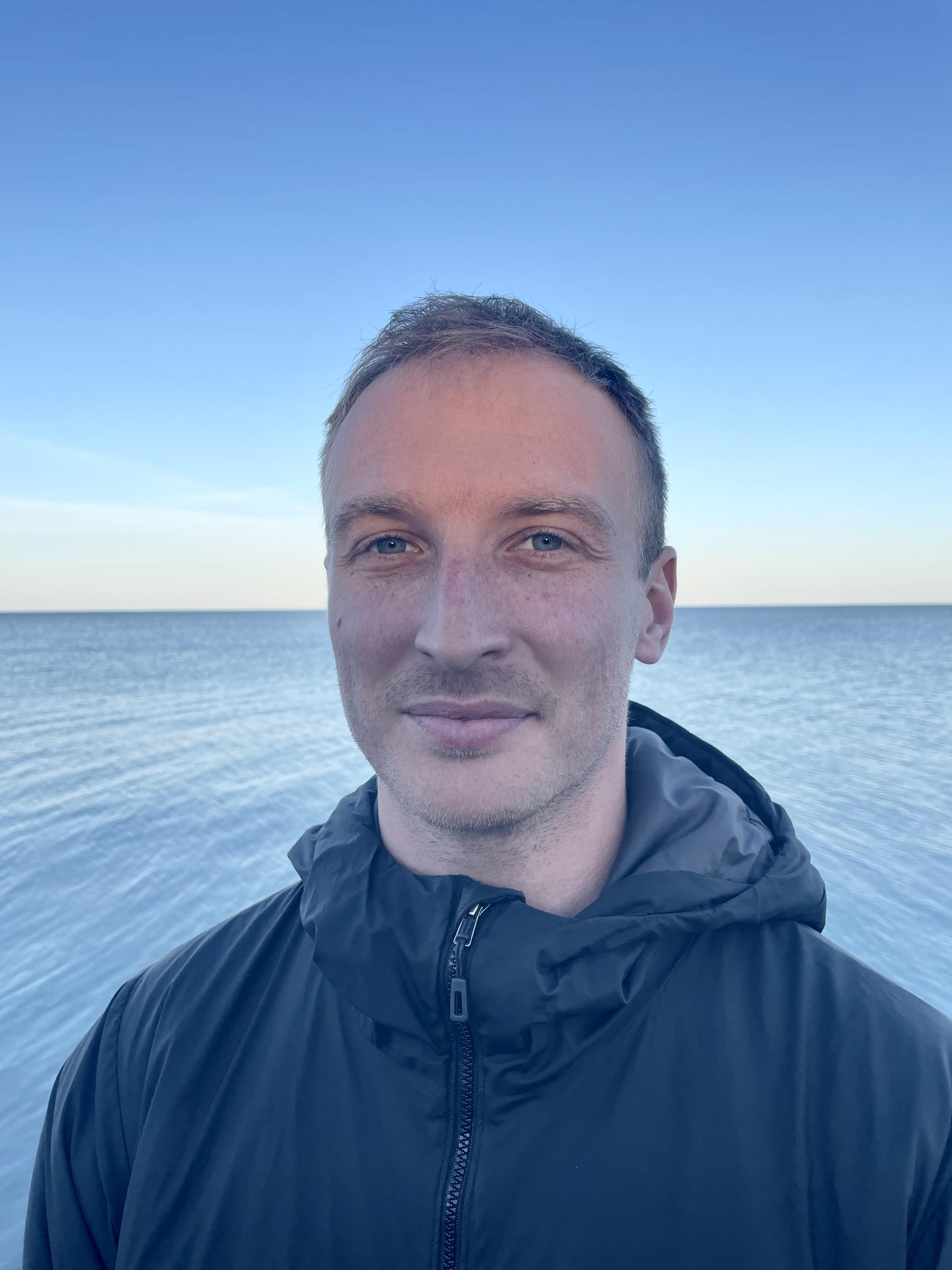
Justin Kay
Justin is the CTO and co-founder of Ai.Fish, a machine learning company focused on applications in fisheries and marine conservation. In that role he has led a range of computer vision projects in ecology in partnership with NGOs such as The Nature Conservancy and the Environmental Defense Fund. He is also a Postbac Researcher in the Computational Vision Lab at Caltech. His research interests are in computer vision and machine learning, particularly with applications in biodiversity monitoring and climate change mitigation.
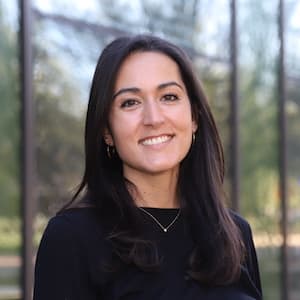
Suzanne Stathatos
Suzanne’s drive to protect the natural world led her to graduate school at Caltech. She is a Computing and Mathematical Sciences PhD student, advised by Pietro Perona. Her interests include leveraging machine learning and computer vision techniques to solve ecological problems. She has worked with Rainforest Connection to enhance audio detection of forest predation, and more recently, with Trout Unlimited to improve identification and tracking of salmon populations in sonar videos. Suzanne holds an B.A. in History and an M.S. in Computer Science from Stanford University. Prior to Caltech, Suzanne worked as a software engineer at Amazon and NASA’s JPL. These experiences have sharpened her appreciation for interdisciplinary perspective and the real world impact of precise computational techniques.

Tarun Sharma
Tarun is a PhD student in the Computation and Neural Systems (CNS) program at Caltech. He works in the lab of Professor Michael Dickinson on the flight and gaze stabilization systems of the fruit fly. His research interests involve computer vision applications for neuroethology and animal monitoring for ecological purposes. Before Caltech, he completed his undergraduate in Computer Science and Engineering at PES Institute of Technology, Bangalore. He also worked at Brown University as a research assistant for a year with Professor Thomas Serre.